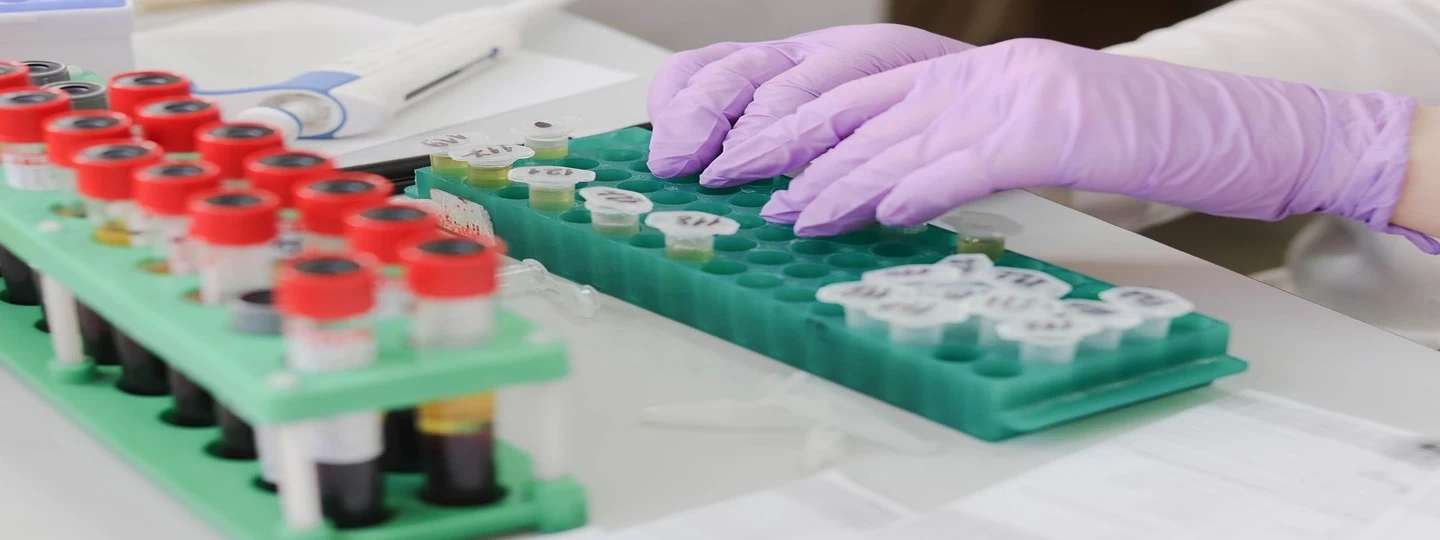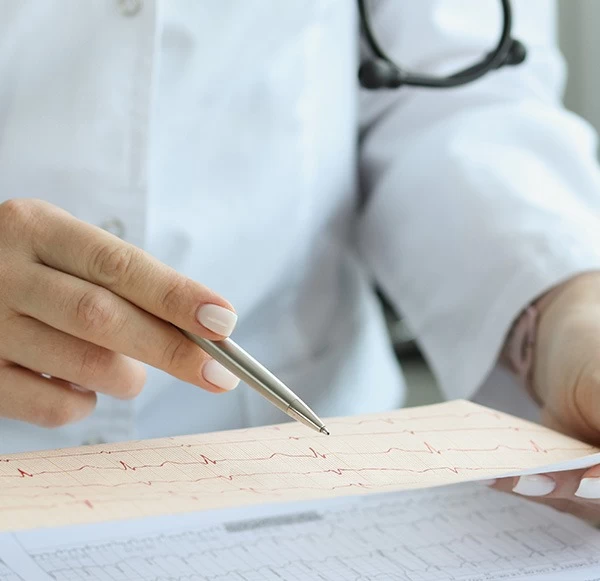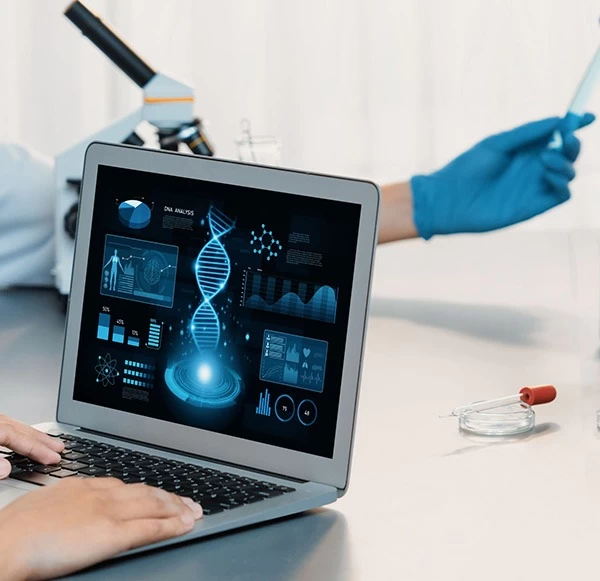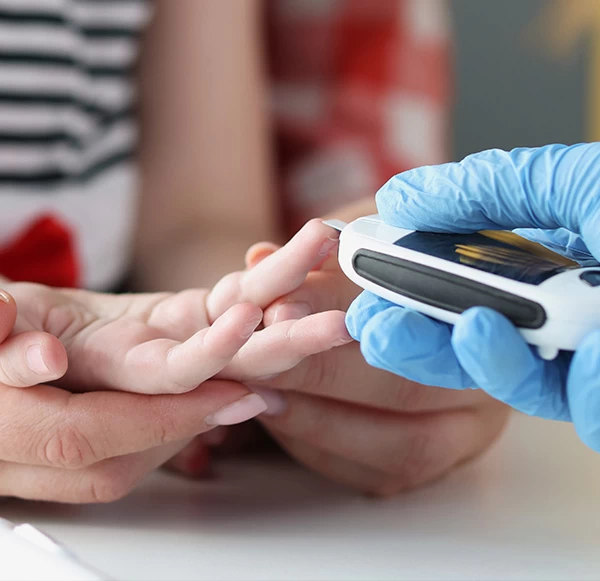- Email Us

Ever wondered what the future of your heart can be
inferred from your blood? A lipid profile test contains the solution quietly.
Triglycerides and cholesterol, two blood lipids that are crucial to heart
health, are measured by this easy blood test. The lipid profile provides a
clear picture of what's happening underneath the surface, assisting you in
making decisions today that will lead to a better tomorrow, whether you're
monitoring your health or following a doctor's recommendations. Six out of ten
Indians have abnormally high levels of harmful cholesterol, according to a
recent poll conducted by the health-tech firm, mentioned in The Economic Times.
In this blog, we’ll explore
how elevated levels of bad cholesterol can quietly harm your body, what
symptoms to watch out for, and how a timely lipid profile test can play a vital
role in early detection and prevention. We’ll also walk you through the components
of the test, what your results mean, and when it’s the right time to get
tested.
Why your cholesterol count isn’t
just a number?
Your cholesterol level is a vital sign of your
cardiovascular health, not just a number on a lab report. Important hints
regarding the ratio of "good" (HDL) to "bad" (LDL)
cholesterol and how well your body is handling lipids can be found behind those
numbers. Even though a poor lipid profile may not initially show any symptoms,
it can subtly increase the risk of heart attacks, strokes, and other dangerous
disorders by causing plaque to accumulate in your arteries. By providing a thorough
analysis of your blood fats, a lipid profile test assists in the early
deciphering of these hidden signals and enables you to take preventative
measures for a healthier heart.
What is a Lipid Profile test?
The Lipid
Profile test, sometimes referred to as the Lipid Panel, measures the quantity
and kind of lipids (fats) in the blood to determine the risk of cardiovascular
disease (CVD). Below mentioned are overall blood cholesterol levels:
· Blood levels of low-density lipoprotein (LDL) cholesterol
· Blood levels of high-density lipoprotein (HDL) cholesterol
· One kind of fat
that is kept in the body's fat cells is triglycerides. The constriction of
the arterial walls may also be impacted by triglycerides.
Five tests under Lipid Panel:
· Low-density lipoprotein (LDL): This
particular form of cholesterol is referred to as "bad cholesterol."
Your risk of cardiovascular disease may rise as a result of its accumulation in
blood vessels.
· Very low-density lipoprotein (VLDL): This
particular kind of cholesterol is derived from recently consumed meals. In a
fasting blood panel, it is usually found in trace levels. A rise in this kind
of cholesterol in a fasting sample could indicate improper cholesterol
metabolism in your body.
· High-density lipoprotein (HDL): This
particular form of cholesterol is referred to as "good cholesterol."
It aids in reducing the amount of LDL that accumulates in your blood vessels.
· Total cholesterol: This is
the sum of your LDL-C, VLDL-C, and HDL-C cholesterol levels.
· Triglycerides: This kind of fat comes from the
food we consume. Pancreatic inflammation and cardiovascular disease are linked
to elevated blood triglyceride levels.
Spotting symptoms of lipid
imbalances:
Though
often silent, lipid imbalances can leave behind subtle warning signs—if you
know what to look for. Unchecked increases in triglyceride and cholesterol
levels might cause your body to begin exhibiting warning signs that something
is amiss. High cholesterol doesn’t always announce itself, but your
body might drop subtle hints. Here’s what to watch for:
· Yellowish, fatty deposits under eyes (common in
high cholesterol)
· Fatigue and weakness
· Obesity or weight gain
· Small, yellowish-red bumps all over the body
· Sudden abdominal pain
· Leg pain while walking
Is
It Time for a Lipid Panel? Here's When You Should Get Tested
Even if
you feel completely healthy, routine lipid panel testing is necessary since
cholesterol-related problems frequently go unnoticed. This section outlines the
precise times and reasons to think about a lipid profile for improved heart health,
from age milestones to particular risk factors like family history, obesity, or
high blood pressure.
· Having
pre-diabetes or diabetes
· Overconsumption
of alcohol and cigarettes
· High
blood pressure
· Age
group: Male over 45 and Female over 50
· Got
high cholesterol results in previous testing
· Having
siblings or biological parents with developed heart disease at a young age
A blood test for a lipid panel may also be
necessary for children. Three factors are associated with children's
cholesterol levels: obesity, genetics, and the foods they eat. Children with
high cholesterol typically have a parent with high cholesterol as well.
What does a lipid profile test
measure:
Triglycerides, HDL (good cholesterol), LDL (bad
cholesterol), total cholesterol, and occasionally VLDL are some of the
significant indicators included in your lipid profile report. Your risk of
heart disease and other cardiovascular disorders is estimated in part by these
values. High levels of HDL are advantageous and have protective effects, but
high levels of LDL, VLDL, and triglycerides are generally regarded as risk
factors. Based on accepted medical reference ranges, each component is
classified as normal, borderline, or high-risk. Either to maintain or
improve your heart health, knowing where your numbers stand can help you make
the required lifestyle adjustments or medical treatments.
Mahajan Imaging & Labs: Your
partner in preventive health
At Mahajan Imaging & Labs, we believe that staying healthy begins with staying
informed. As a leader in diagnostic excellence, we offer a full range of
cholesterol-related tests—including comprehensive lipid panel tests, to
help you monitor your heart health with confidence. Our state-of-the-art
facilities across Delhi-NCR, with experienced medical professionals ensure
accurate, timely, and reliable results every time. With a strong focus on
patient-centric care, we make diagnostics more convenient than ever. Offering
home sample collection services so you can get tested easily.
Take
control of your heart health today—book your lipid profile test at any of our
Delhi-NCR centers or schedule a home collection now.
Still have questions? Don’t worry—check out our FAQs on lipid profile test to get all your doubts cleared before you book.




